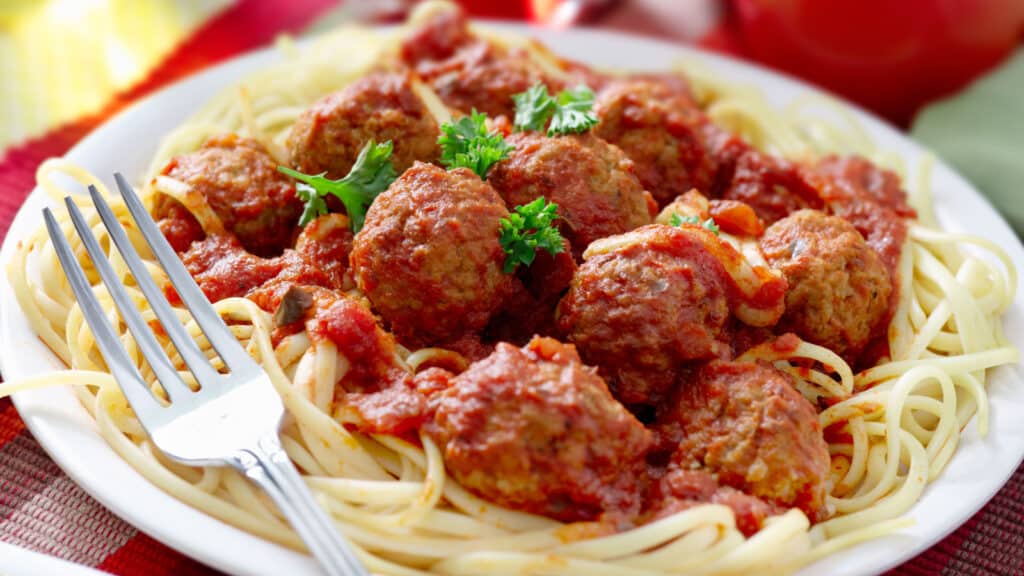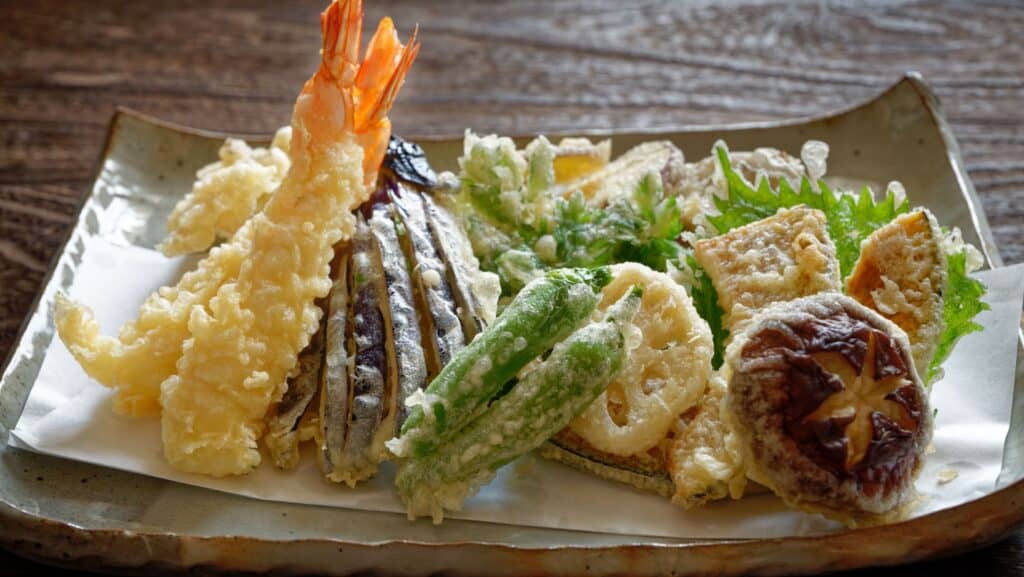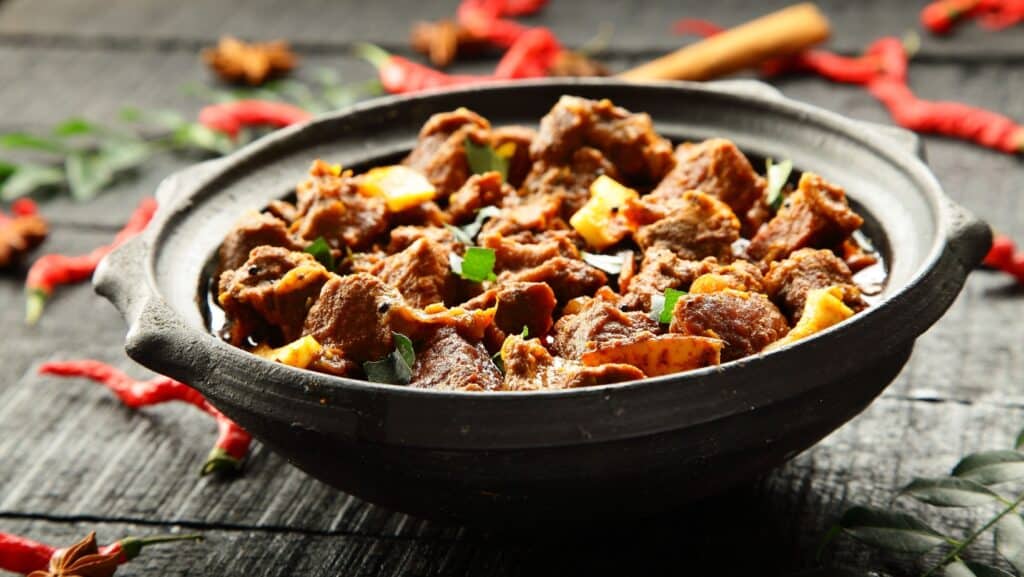10 Famous Foods That Aren’t Actually From Where You Think
Ever proudly ordered French fries in France, thinking you were dining authentically? Or bitten into a flaky croissant imagining yourself in a Parisian café? Hate to break it to you—but some of the world’s most iconic foods aren’t from where you think.
Global cuisine is full of surprises, with dishes that took unexpected detours before landing on our plates. Thanks to centuries of trade, migration, and the occasional culinary twist of fate, many beloved foods have backstories that defy their reputations. From the American-born fortune cookie to the Austrian roots of the French croissant, these dishes have fascinating origin stories that will make you question what’s truly authentic.
Ready to have your foodie mind blown? Let’s dig into ten delicious imposters that wear the wrong passport.
1. French Fries – Belgium, Not France

Despite their name, French fries are believed to have originated in Belgium. Villagers in the Meuse Valley reportedly began frying potatoes in the late 1600s. The term “French fries” likely came from American soldiers during World War I who tasted them in Belgium, where French was the dominant language.
2. Croissants – Austria, Not France

The buttery croissant is often seen as quintessentially French, but its roots trace back to Austria. The Austrian “kipferl,” a crescent-shaped bread, dates back to the 13th century. French bakers later adapted it into the flaky pastry we know today.
3. Fortune Cookies – USA, Not China

Fortune cookies are commonly associated with Chinese cuisine, but they were actually invented in the United States, likely in California in the early 20th century. The concept was inspired by Japanese crackers containing fortunes, and Chinese-American entrepreneurs popularized them.
4. Spaghetti and Meatballs – USA, Not Italy

While both spaghetti and meatballs are Italian in origin, the combination of the two is an American creation. Italian immigrants in the U.S. adapted their recipes using readily available ingredients, leading to this now-classic dish.
5. Chicken Tikka Masala – UK, Not India

Often considered a staple of Indian cuisine, chicken tikka masala was actually developed in the United Kingdom. It’s believed that South Asian chefs in Britain created the dish to cater to local tastes by adding a creamy tomato sauce to traditional grilled chicken.
6. German Chocolate Cake – USA, Not Germany

Despite its name, German chocolate cake is an American invention. The name comes from “German’s Sweet Chocolate,” a baking chocolate developed by Samuel German for the Baker’s Chocolate Company in the 19th century.
7. Sauerkraut – China, Not Germany

Sauerkraut is often associated with German cuisine, but fermented cabbage was first developed in China over 2,000 years ago. The method was later introduced to Europe, where it became a staple in German diets.
8. Fish and Chips – Portugal and Jewish Immigrants, Not the UK

While fish and chips are a British classic, the dish has roots in Portuguese and Jewish culinary traditions. Fried fish was introduced to Britain by Sephardic Jewish immigrants in the 17th century, and the pairing with chips came later.
9. Tempura – Portugal, Not Japan

Tempura, a popular Japanese dish, was introduced to Japan by Portuguese missionaries in the 16th century. The technique of battering and frying food was adapted by the Japanese and became a mainstay in their cuisine.
10. Vindaloo – Portugal, Not India

Vindaloo, a spicy curry dish, originated from the Portuguese dish “carne de vinha d’alhos,” which means meat marinated in wine and garlic. Portuguese colonists brought it to Goa, India, where it was adapted with local spices.
The Tasty Takeaway

These culinary revelations highlight the rich tapestry of global food history, where cultural exchanges have led to the delicious dishes we enjoy today. Understanding the true origins of these foods adds depth to our appreciation and showcases the interconnectedness of world cuisines.
10 Food Labels That Are Totally Misleading

Walk down any grocery store aisle and you’ll be bombarded with labels that sound super healthy, super natural, and super convincing. But behind those buzzwords is often a whole lot of marketing spin—and not much substance. Just because something says “natural”, or “light” doesn’t mean it’s good for you. Here are 10 food labels that are totally misleading, and what they actually mean.
READ: 10 Food Labels That Are Totally Misleading
Demystifying Food Product Date Labels: What ‘Use By,’ ‘Expiration,’ ‘Sell By,’ and ‘Best If Used By’ Really Mean

Join Us

Join us on this empowering journey as we explore, celebrate, and elevate “her story.” The Queen Zone is not just a platform; it’s a community where women from all walks of life can come together, share their experiences, and inspire one another. Welcome to a space where the female experience takes center stage. Sign up for our newsletter so you don’t miss a thing, Queen!







